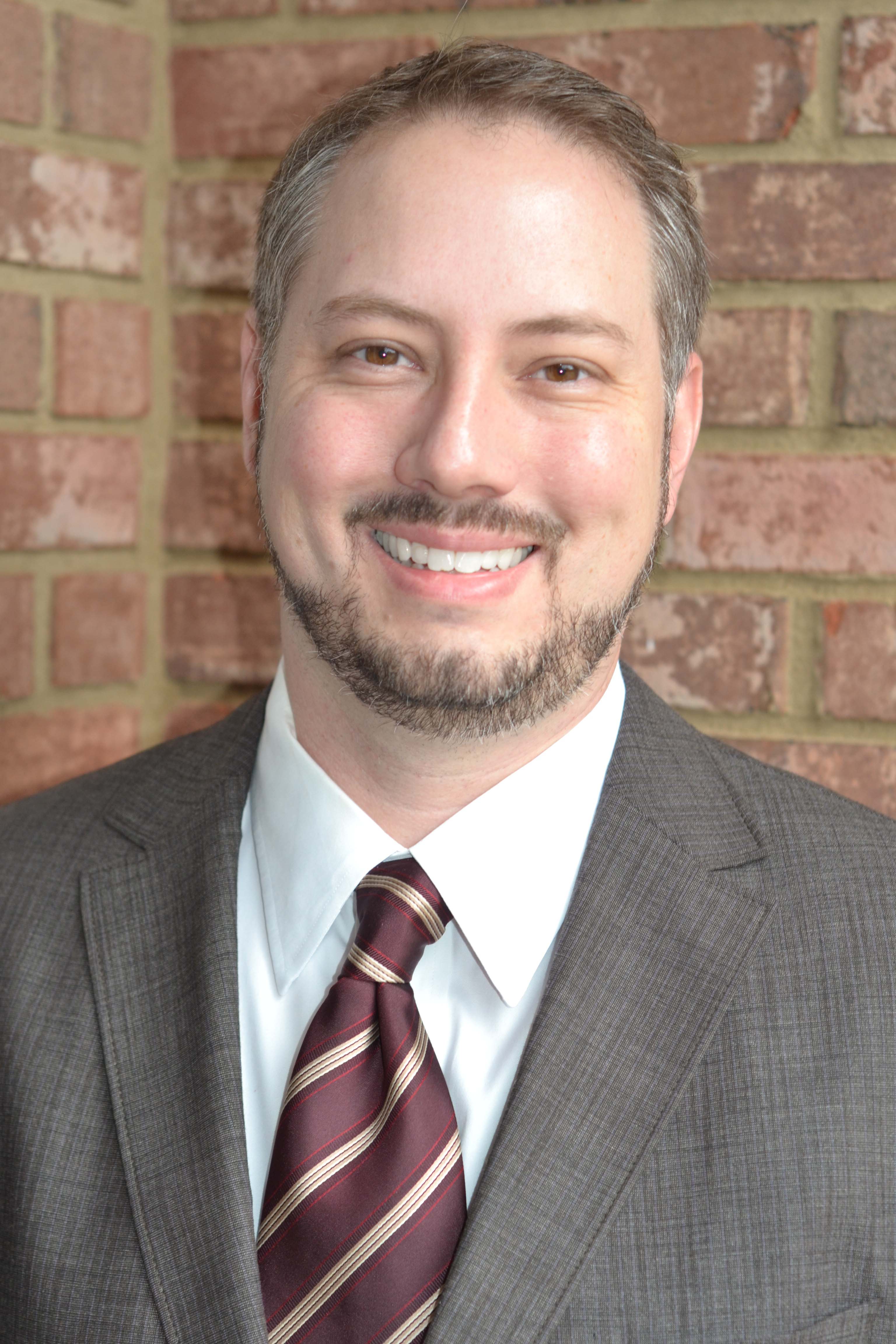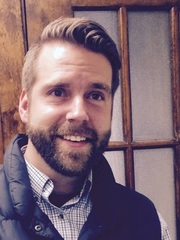 |
Saturday Workshops at MnCOSE16We are proud to offer three great opportunities on Saturday at the 2016 MnSTA Conference on Science Education in Duluth. |
|
8AM - 12PM
|
8AM - 12PM Argument-Driven Inquiry |
8AM - 10AM
Technology Integration in Instruction |
 |
Teaching Science Through TradeBooks Come spend time with a good book – or several for that matter that actually help to integrate science concepts with children’s literature. Participants in this workshop will engage in model lessons that utilize children's trade books - both fiction and nonfiction - to teach science and enhance reading, writing and speaking skills. The workshop will provide supporting research for integration; and participants will be actively engaged in lessons that cover the life, physical and earth/space sciences as well as hitting on crosscutting concepts and practices. A list of all suggested books, references and materials are included in the workshop. Author and science educator, Christine Anne Royce has investigated and used children's literature in the classroom for more than fifteen years and understands the importance of integrating subjects at the elementary level to maximize instruction, learning and time. Royce, the co-author of Teaching Science Through Trade Books as well as the co-author for the column Teaching Through Trade Books which appears in NSTA's elementary journal Science and Children will select some of her favorite and some of the more popular topics that have been included in each. |
 |
Argument-Driven Inquiry: Transforming Laboratory Experiences so Students can use Core ideas, Crosscutting Concepts and Scientific Practice to Make Sense of Natural Phenomena
This session is an introduction to a new approach to lab instruction called Argument-Driven Inquiry (ADI). ADI is an innovative instructional model that is based on current research about how people learn science and is designed to foster the development of science proficiency. ADI gives students an opportunity to learn how to use the core ideas, scientific practice, and crosscutting concepts of science to make sense of natural phenomena. This instructional approach also gives students an opportunity to learn how to read, write, and speak in the context of science. In this session, participants will learn about the stages of the ADI instructional model, how it was designed to address the shortcomings of current laboratory experiences, and how it is aligned with the NGSS and the CCSS-ELA. The participants will also have an opportunity to experience an example of an ADI lab investigation and examine samples of student work.
At the end of session, the participants will be able to:
Dr. Sampson is an Associate Professor of Science Education and the Director of the Center for STEM Education at the University of Texas in Austin.
Dr. Sampson specializes in argumentation, assessment, and teacher professional development in science education. Argument Driven Inquiry is an innovative instructional model that is based on current research about how people learn science and is designed to foster the development of science proficiency. During the MnCOSE workshop, teachers will have an opportunity to experience an example of an ADI lab investigation and examine samples of student work.
|
 |
Come, learn, and practice a variety of strategies to help students learn!
We want the best possible experience for our students, staff and leadership teams in all areas of education and our profession. Attend this session to experience an immersive experience in a Google Apps for Education world which will demonstrate ways to increase your productivity and efficiency while providing immediate feedback and automatic grading capabilities within the Google Suite. Marti Sievek integrates technology NOT for the sake of technology but the teaching and learning benefits that are inherent within the instructional design of its use. He will discuss John Hattie's Top 10 and what tools within Google we can use to impact student learning and engagement.
For beginners to advanced users.
Marti Sievek is a former high school Spanish teacher and College of Education university professor. He now serves as Professional Development Coordinator for Mankato Area Public Schools in Mankato, MN. Being one who strives to create instructionally impactful learning opportunities for all, Marti's primary role is to provide time and place as well as strategic planning for professional learning and growth for all professionals in Mankato's schools. He is deeply invested in the instructional use of technology to facilitate the most excellent and the"best" possible experience for all students, staff, and administrators. He has also passionately pursued the globalization of education and the interconnectedness of student learning opportunities with the greater community and world in all roles he has had.
This session will meet the technology component for the state of Minnesota's Teacher License/Relicensure requirements:
Technology Effective for renewal of professional licenses that expire on June 30, 2012, and any renewals processed after June 30, 2012 (including lapsed licenses with an earlier expiration date), applicants must also include in their 125 clock hours instruction or other professional development activities that integrate technology effectively with student learning to increase engagement and student achievement. Note: Licensed school personnel who do not provide direct instruction to students, including, at least, counselors, school psychologists, school nurses, and school social workers are exempt from this requirement.
|









 Minnesota science teachers should know about:
Minnesota science teachers should know about: